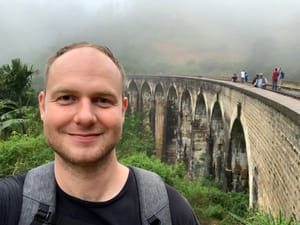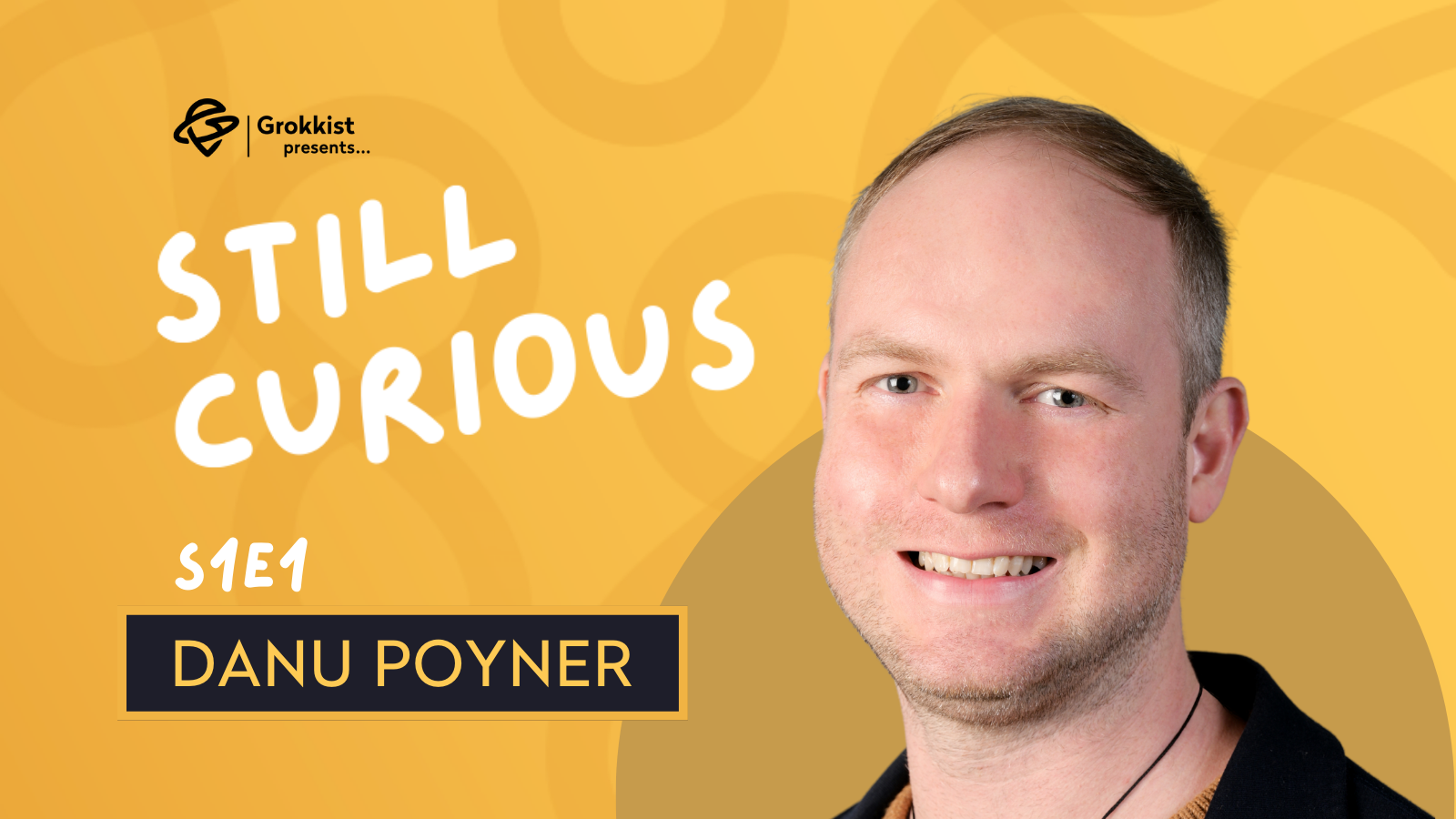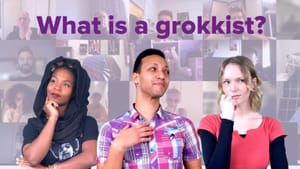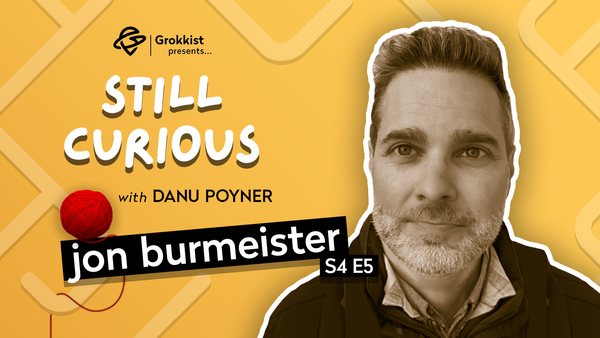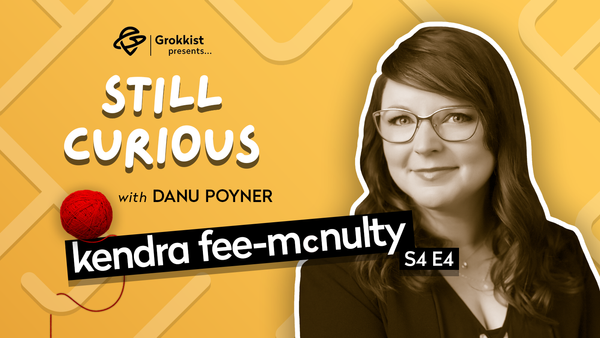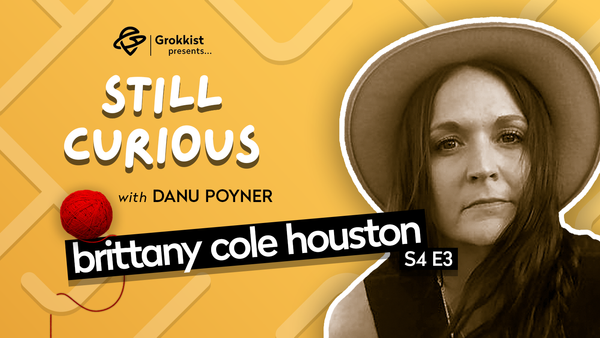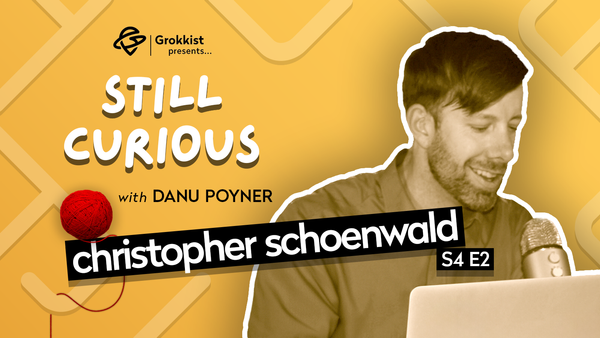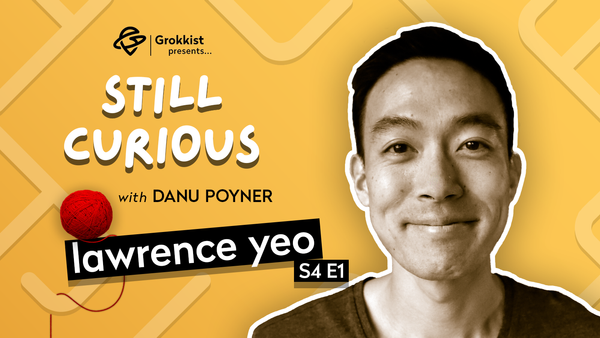Listen Now
About the Episode
Recorded 4 September 2021
Episode Digest
Why do a podcast about curiosity?
- Curiosity is a precious and a fragile thing.
- For most of us, the curiosity we are born with is generally worn away through life’s struggles or a need to keep ourselves safe in an uncaring world.
- It is an achievement just to maintain your curiosity and the generosity of spirit that goes with it.
- Curiosity is deeply personal, and for many people is deeply bound up with complicated experiences to do with authority, care and even belonging.
- The podcast is about curiosity and learning. It's called Still Curious because it captures something important about the people who are guests on the podcast.
- It's partly the nature of curiosity that I want to explore with my guests. What does it mean to be curious, and to still have your curiosity intact? What paths have people taken or not taken in life because of that? What has curiosity brought to them and what has it cost them?
Where I'm coming from
- I'm part of a generation that grew up amid a period of great optimism with the belief that we could be anything we wanted.
- Most of us have since lowered our expectations a little and now talk about doing what we can for the people closest to us, and sometimes just getting through the day.
- The world by and large doesn't want people to be curious. Curiosity can be inconvenient for other people in various ways because it wants to know why things are the way they are and raises the possibility of better alternatives.
- Much of the inconvenience of curiosity arises from the fact that people for various reasons are invested in maintaining things the way they already are.
- Curiosity and education have an uneasy relationship. We're used to thinking of school and education as closely related but they have different objectives that are often at odds with each other.
- One of the main threads running through my own journey is to really understand the nature of authority and legitimacy and especially the implications of that for how we do education as a society.
How curiosity connects to education
- The way self-taught people go about learning and teaching themselves is helpful when thinking about the paradoxes of education and the way we encounter learning as a system.
- People who are truly self-taught are, almost by definition, unable to get what they want from the existing range of educational options available. They are interesting because instead of simply accepting what's on offer and making the best of it, they go a step further and take matters into their own hands. Self-taught learners need to be curious, discerning, and resourceful.
- If more self-taught learners had access to the ideal learning platform for their needs and more self-taught experts had the opportunity to make a living by sharing their expertise with their ideal learners, maybe there could be more soul igniting educational experiences for learners and old hands alike.
- Building such a platform is one of my larger ambitions and something I'm working towards. The conversations I have in this podcast will hopefully help me to identify what it needs to be.
Stuff I Mentioned
Quotes
- "In school, I encountered authority of a different kind than I had ever encountered before, and I did not like it. And they really almost got me. They came close to really beating any curiosity out of me." - Steve Jobs
- “The meeting of two personalities is like the contact of two chemical substances. If there is any reaction, both are transformed.” - Carl Jung
- “Where certainty ends, thinking begins” - Hannah Arendt
Audio Highlights
Episode appetiser - curiosity is a precious and fragile thing (42 sec)
0:00
/0:42
In praise of self-taught learners (48 sec)
0:00
/0:48
Why everyone pretends to celebrate curiosity while actually trying to suffocate it (51 sec)
0:00
/0:51
Curiosity as defiance (56 sec)
0:00
/0:56
Connecting self taught learners and experts (37 sec)
0:00
/0:37
Interactive Transcript
Note: This is a machine-generated transcript and may contain errors.

